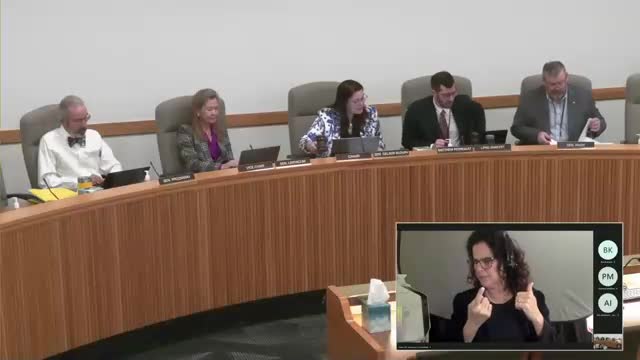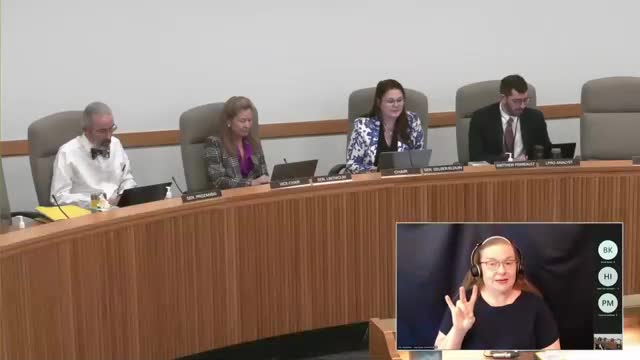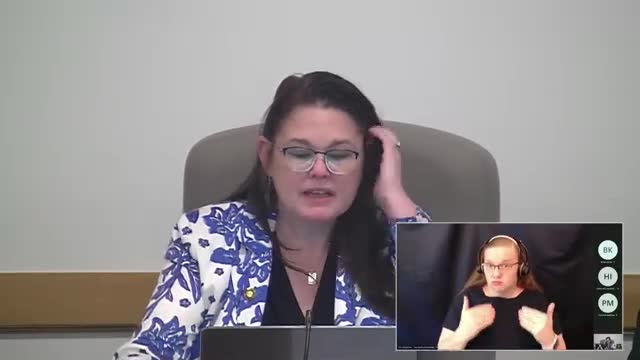Article not found
This article is no longer available. But don't worry—we've gathered other articles that discuss the same topic.

Senate committee reviews bill to redesign foster-home payment rates, including 90% of USDA benchmark and respite funds

Committee hears changes to foster children’s Bill of Rights and sibling-contact rules in SB 875

